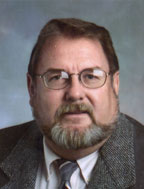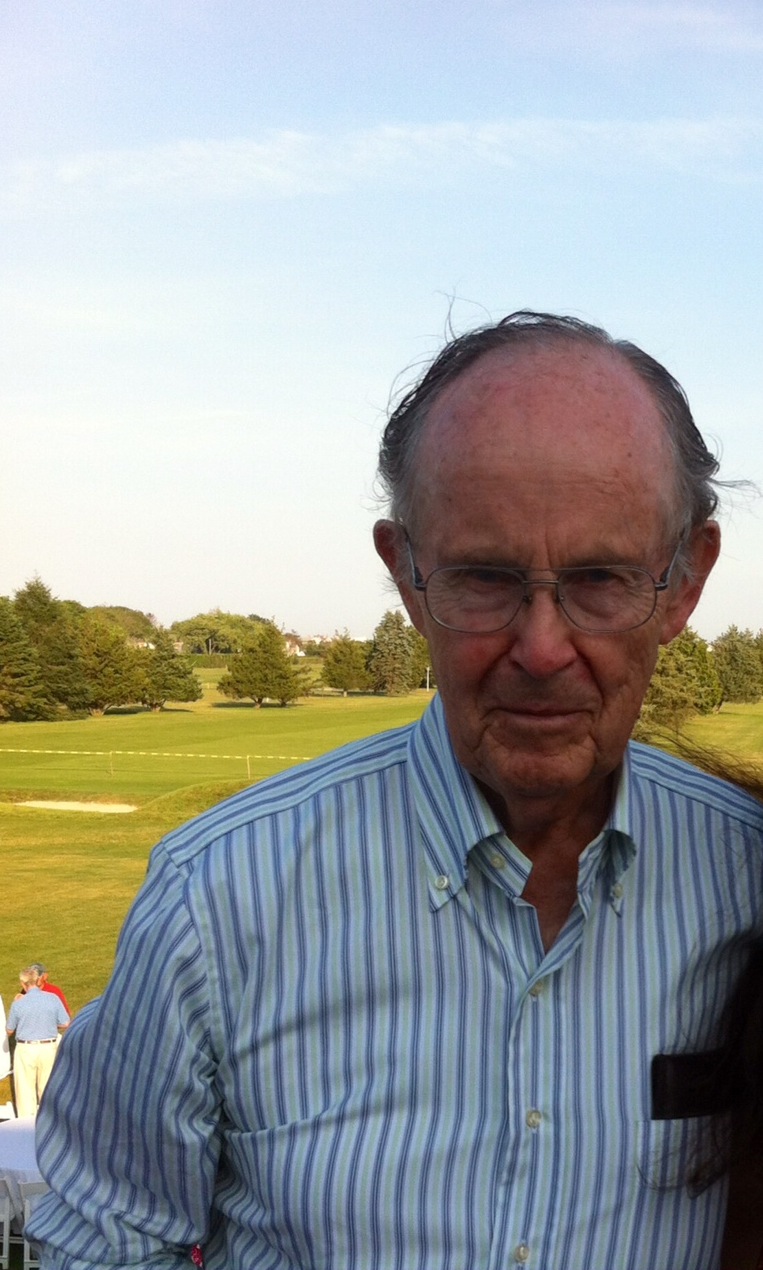By Scott Sewell
Robert “Bob” Nichols is most notably known for his tenure at the Los Angeles Times from 1961 to 1968 as the financial editor.
Nichols believed Los Angeles would become home to major businesses and financial centers, similar to New York. He helped improve the Times financial section to attract and cover businesses in the area. Because of his commitment to Los Angeles, Nichols successfully enhanced the quality and breadth of the financial section, placing the Times in the national contention for premium financial information.
While working for the Times, Nichols won the Loeb Award in 1964 for his exceptional financial reporting, presented by the University of Connecticut (since 1973, the University of California, Los Angeles presents the award).
Nichols won the award for a multi-part series, “Price of Security.” The series reported on the large price the United States had to pay for security during the Cold War. Nichols said, “But inevitably, these human situations — to be understood or appraised economically — must be translated into man power, money and — motivation.”
At the beginning of his tenure at the Times, Nichols wrote majority of his articles on companies and industries in southern California and the West Coast.
He covered chemical sales, electronic components and blue chips, airline manufacturers and the hopeful computer industry. However, Nichols shifted his writings to cover more national financial news. Stories about the gold policy for the United States, world trade, international affects on business and the Federal Reserve dominated Nichols’ stories in his last two years at the Times.
Although he continued to publish some California-specific articles scattered in his latter years, Nichols’ transition from regional to national reporting shows he was successful in building a national following and expanding the financial section, becoming a major financial section for economic coverage.
Additionally, Nichols was a founder of the Society of American Business Writers in 1964, and became the organization’s president in 1967. Being one of the founders and figureheads, Nichols was instrumental in developing the organization to its current size and credibility that it maintains today.
The organization, now known as the Society of American Business Editors and Writers, was founded to emphasize exceptional business and economic coverage. It currently has more than 3,000 members.
Myron Kandel, founding financial editor of CNN and former SABEW president, said Nichols helped to begin formulating SABEW’s Code of Ethics, the first code of ethics for a specialized journalism organization.
After leaving the Times in 1968, Nichols worked at the Federal Reserve as a special assistant to the Board of Governors.
He left the Fed in 1970 and took the director of editorial services at Bank of America. In 1973, Nichols was promoted to director of public relations at Bank of America, where he recommended the bank to publish its Corporate Disclosure Code, an unheard move at the time in the world of commerce. Nichols served as public relations director until he retired in 1985.
Nichols was born in 1925 in Daytona Beach, Fla. He moved to the West Coast when he attended San Diego State University and became involved in local journalism organizations.
In 1996, Nichols died from cancer at the age of 71 in San Francisco, Calif.
During his brief interactions with Nichols, Kandel remembered him being a great guy to be around and a well-respected journalist.
Kandel said Nichols was “one of the outstanding business editors of his time.”
Scott Sewell is a native of Wilmington, N.C., and a business journalism major in the Class of 2015 at the University of North Carolina at Chapel Hill.


